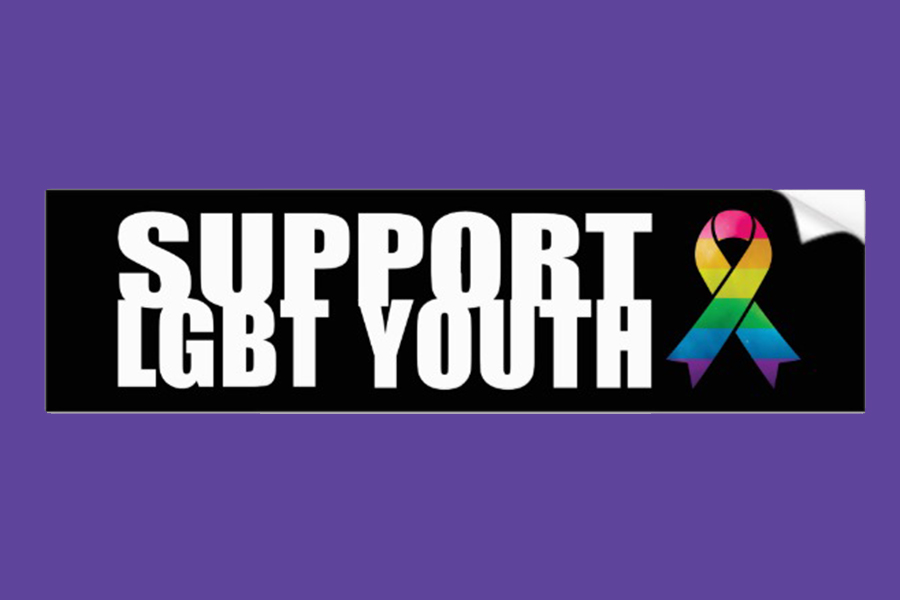For the third year in a row, the National Adoption Center hosted “Adoption Means a Lifetime of Love: How LGBTQ Individuals Can Create a Family Through Adoption.”
The Wells Fargo Foundation-funded program, held Dec. 18, included a panel of LGBT adoptive parents who shared experiences and answered questions from the audience.
Panelists included Philadelphia-based attorney David Blum and 6ABC reporter Jeff Chirico, along with his husband Danny.
National Adoption Center communications director Gloria Hochman said the organization has been adopting out to LGBT couples since “before it was OK,” adding the organization has seen an uptick in LGBT couples interested in adopting since the legalization of same-sex marriage.
“We’ve been at the forefront of working with this community from the very beginning,” she said.
According to the National Adoption Center, more than 100,000 children in the U.S. wait for permanent families — including 1,600 youth in the Delaware Valley area alone.
Hochman said there are several different types of adoption, including foster care, open adoption and international adoption. Costs range anywhere from low-cost/sliding scale for adoption from foster care up to $40,000 for adoption from an attorney or agency.
Chirico, who grew up in Bucks County, began his journey to becoming an adoptive parent in Atlanta, Ga. Chirico and his husband delved into adoption after taking care of their nephew for several weeks.
“After he left, we sat down and thought maybe this is something we should do,” he said. “We enjoyed having him there.”
The couple felt even more inspired after seeing LGBT parents leading families at his former church in Atlanta. The two originally explored the option of adopting a newborn but decided to adopt from the foster-care system. They ended up adopting their son R.J. when he was 12.
Chirico said it wasn’t difficult to get approved for adoption due to his sexual orientation, and that the state gave him and his husband the stamp of approval to adopt.
Blum, who has two teenaged children with his partner, recalled conversations the couple had about raising children.
“This was in the ’80s and I think there were a lot of couples who were talking more about HIV than about kids,” he said. “Both of us always wanted to have kids. We are very close to our parents, so that seemed natural.”
Chirico said his family does the same things other families do, including dinners together, hiking and marching-band competitions.
“Things very similar to my life growing up,” he said.
One part of the adoption process is the home study, in which prospective parents meet with a social worker to prepare them for parenting an adopted child. Hochman said she prefers to call this step a “family assessment” instead.
“It’s a chance for a social worker and you to get to know each other and learn more about what you are looking for and what adoption is like,” she said.
Chirico said the home study helped with expectations on what you may encounter. But so far, he added, his son R.J. has yet to prove those expectations to be true.
“He is one of the nicest people I know,” Chirico said. “He is compassionate and has a huge heart, and is intelligent and funny, and those horror stories we were told about didn’t happen.”
Chirico said the home study is a good way for prospective parents to talk about their own expectations and what they would accept.
“It is a good way to come together, reflect and answer some questions you never thought of before.”
For more information, visit www.adopt.org.

